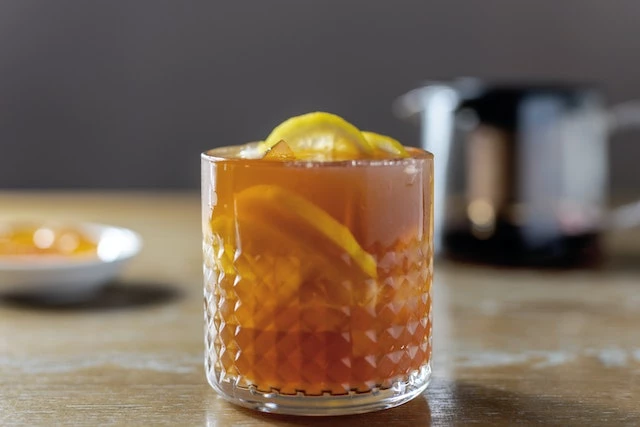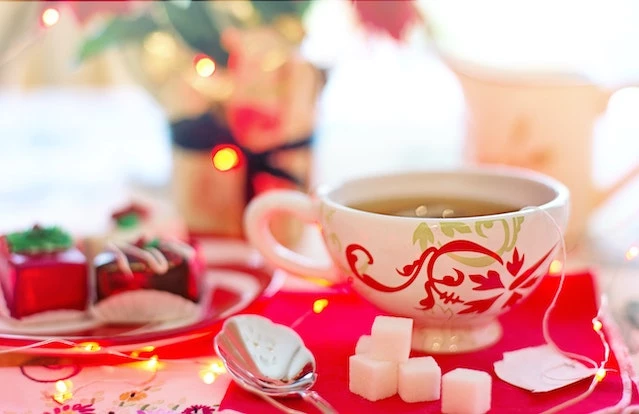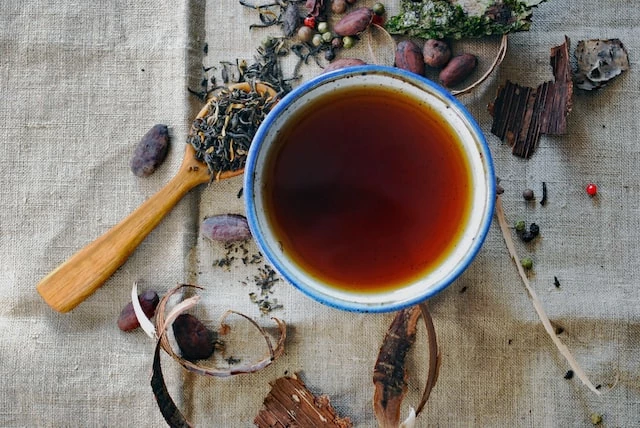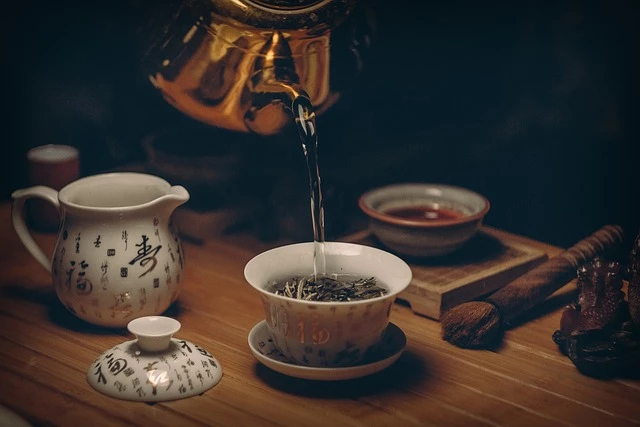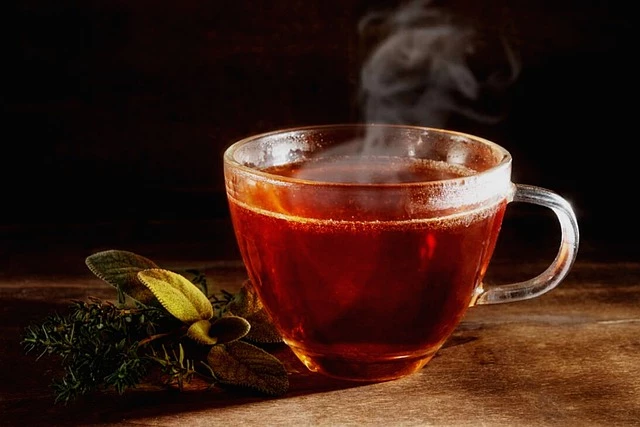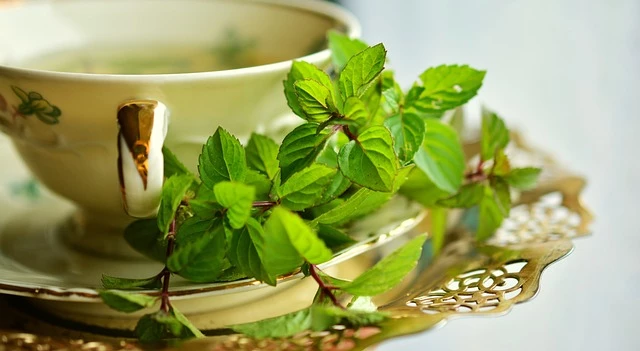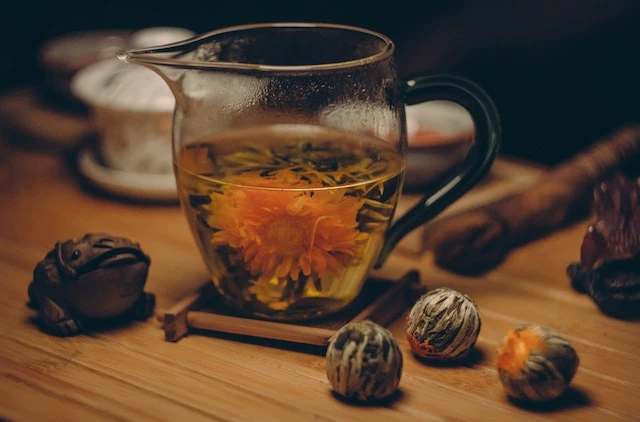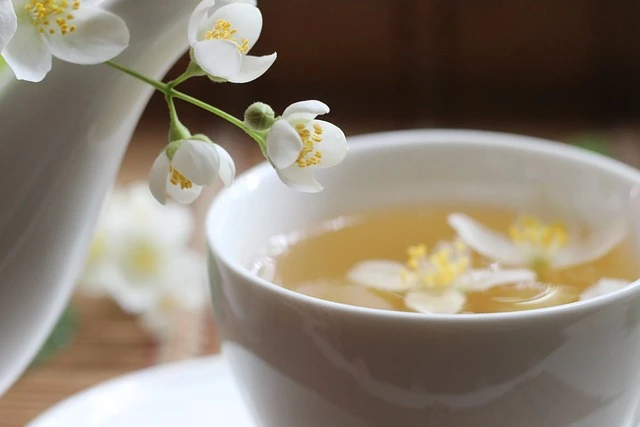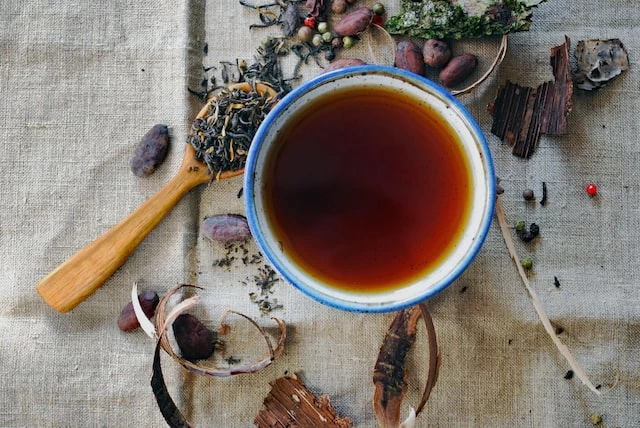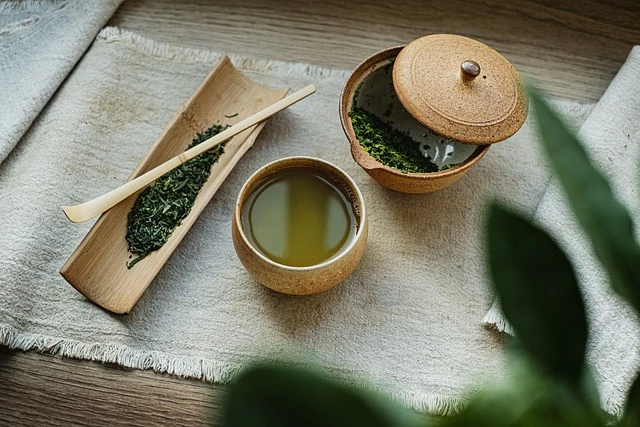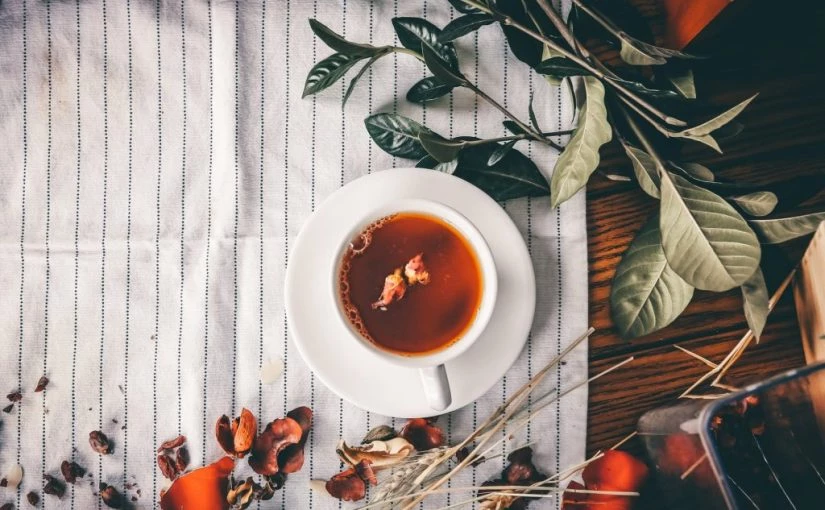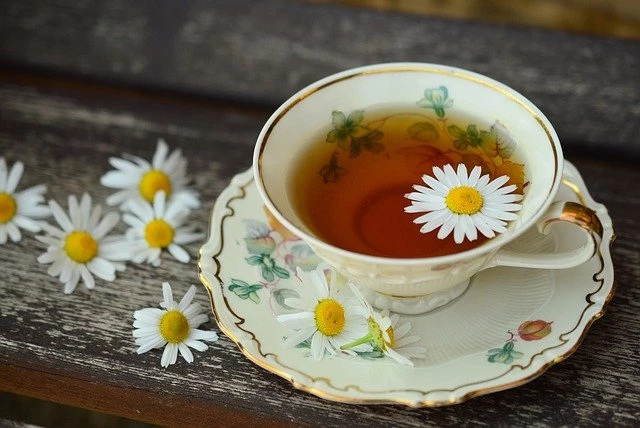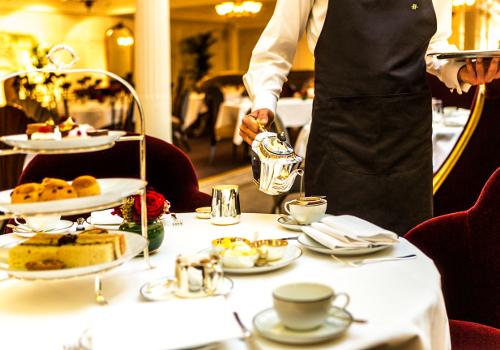Does Tea have Caffeine?
Jan 13 2023 Tea Caffeine Content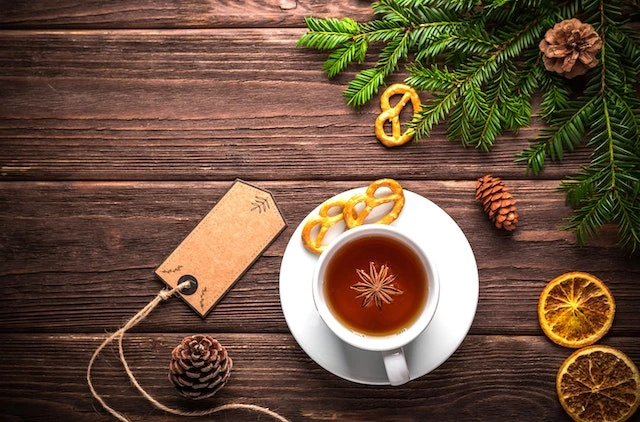
Most grown-ups depend on a caffeine boost to begin their day, whether it be from coffee or tea. In spite of the fact that coffee is regularly thought to have more caffeine than tea, typically not always the case. Whereas coffee may have the next caffeine substance once brewed, tea clears out really has a better caffeine substance sometime recently brewing. This implies that the sum of caffeine in tea can change depending on the type of tea, the brewing time, and the sum of tea utilized. But, it’s critical to be sure that the caffeine substance in tea may shift depending on the particular brand, mix, and brewing strategy, additionally be beyond any doubt the day-by-day caffeine admissions.
What is Caffeine?
Caffeine could be a stimulant that’s normally found in certain plants, such as coffee beans, tea takes off, and cocoa beans. It is additionally included in a few medicines and vitality drinks. Caffeine works by blocking the activity of a neurotransmitter called adenosine, which builds up within the brain over the course of the day and makes you’re feeling tired. When adenosine is blocked, the number of other neurotransmitters, such as dopamine and norepinephrine, increments, leading to expanded readiness and vitality.
Caffeine could be a central anxious framework stimulant and is the foremost commonly devoured psychoactive substance in the world. It is most commonly expended through refreshments such as coffee, tea, and vitality drinks, but can too be found in chocolate, certain solutions, and dietary supplements.
Caffeine admissions can have both positive and negative impacts on the body. Direct admissions can make strides in physical execution, mental sharpness, and disposition, but intemperate admissions can lead to side effects such as uneasiness, jitteriness, and sleep deprivation. Also, individuals may have distinctive affectability levels for caffeine and long-term utilization may lead to resilience. It is suggested to expend in balance and counsel with healthcare proficient in case you have got any concerns.
Why Caffeine is a Concern?
Caffeine can be a concern for some people because of its potential negative effects on the body. Excessive caffeine intake can lead to a number of side effects, including:
- Insomnia: Caffeine can make it difficult to fall asleep or stay asleep, leading to insomnia. Check out all the teas that will help with insomnia.
- Anxiety: High levels of caffeine intake can lead to increased anxiety, nervousness, and jitteriness. Check out all the teas that will help with anxiety.
- High Blood Pressure: Caffeine can cause a temporary increase in blood pressure, which can be a concern for people with hypertension or cardiovascular disease.
- Digestive issues: Caffeine can cause stomach upset, heartburn, and diarrhea in some people.
- Addiction: Regular consumption of caffeine can lead to physical dependence, which can cause withdrawal symptoms such as headaches, fatigue, and irritability when caffeine intake is reduced or stopped.
- Dehydration: Caffeine can increase urine output, leading to dehydration.
Some people may be more sensitive to the effects of caffeine than others, and therefore may be more prone to negative effects from caffeine consumption. Pregnant or breastfeeding women, children and adolescents, people with anxiety disorders, and those taking certain medications should consult with a healthcare professional before consuming caffeine.
It’s important to remember that moderation is key when it comes to caffeine consumption. It’s generally recommended to keep caffeine intake to less than 400 mg per day, which is roughly the amount in 4 cups of brewed coffee. It’s also important to be aware of the sources of caffeine in your diet, as some medications and supplements also contain caffeine.
How Much Caffeine is in Tea?
So yes tea contains caffeine, however, the amount of caffeine in tea can vary depending on several factors, including the type of tea, the brewing time, and the amount of tea used.
- Black teas, such as Earl Grey and English Breakfast, typically have the most caffeine, with an average of about 50 milligrams per 8-ounce cup.
- Oolong teas typically have less caffeine than black teas and have an average of about 37 milligrams per 8-ounce cup
- Green teas have less caffeine than black teas, with an average of about 30 milligrams per 8-ounce cup.
- White teas have the least amount of caffeine among all teas, with an average of about 6 milligrams per 8-ounce cup.
- Herbal teas, such as chamomile and mint, do not contain caffeine.
- Decaffeinated teas have had most of the caffeine removed and usually contain less than 2 milligrams per 8-ounce cup.
It’s important to note that these are averages, and the actual amount of caffeine in a cup of tea can vary depending on the specific brand, blend, and brewing method.
What Affects the Caffeine Content of Different Types of Tea?
There are several factors that can affect the caffeine content of different types of tea:
- Different Varieties: Different types of tea come from different varieties of the Camellia sinensis plant, and the amount of caffeine in the leaves can vary. Generally, teas made from older leaves, such as black teas, have more caffeine than teas made from younger leaves, such as green teas.
- Growing conditions: The amount of caffeine in tea leaves can be affected by the climate, soil, and altitude where the tea is grown. Teas grown at higher altitudes or in cooler climates tend to have more caffeine than teas grown at lower altitudes or in warmer climates.
- Processing method: The way the tea leaves are processed also affects the caffeine content. Black teas are fully fermented, which increases the caffeine content, while green teas are not fermented, which reduces the caffeine content.
- Brewing time: The longer you brew your tea, the more caffeine will be extracted from the leaves. A shorter brewing time will result in less caffeine in the final cup.
- The amount of tea used: The more tea leaves you use, the more caffeine will be in your cup. Using fewer tea leaves will result in less caffeine in the final cup.
Which Tea Has the Most Caffeine?
Here are the types of teas that are known for having the most caffeine and their average caffeine content per 8-ounce cup:
Black Tea
On average of about 50 milligrams per 8-ounce cup, some of the black teas that are known for their higher caffeine content include Assam, Ceylon, Darjeeling, Earl Grey, and English Breakfast.Yerba Mate
A South American tea, it has about 78 milligrams of caffeine per 8-ounce cup.
Guayusa
An Ecuadorian tea has about 80 milligrams of caffeine per 8-ounce cup.
Oolong Tea
An average of about 37 milligrams per 8-ounce cup.
Which tea has less or no caffeine?
Here are a few types of tea that are known for having less or no caffeine content:
White Tea
White teas are made from the youngest leaves of the Camellia Sinensis plant and are minimally processed, resulting in a very low caffeine content, averaging about 6 milligrams per 8-ounce cup.
Green Tea
Green teas are made from leaves that have been quickly steamed or pan-fried to prevent fermentation, resulting in a lower caffeine content than black teas, averaging about 30 milligrams per 8-ounce cup.
Herbal Teas
Herbal teas are not made from the Camellia Sinensis plant, and therefore do not contain caffeine. Some popular herbal teas include chamomile, mint, and rooibos.
Decaffeinated Teas
Decaffeinated teas have had most of the caffeine removed and usually contain less than 2 milligrams per 8-ounce cup.
How to Reduce The Caffeine in Tea?
There are several ways to reduce the caffeine content in tea:
- Use fewer tea leaves: The more tea leaves you use, the more caffeine will be in your cup. Using fewer tea leaves will result in less caffeine in the final cup.
- Brew for a shorter time: The longer you brew your tea, the more caffeine will be extracted from the leaves. A shorter brewing time will result in less caffeine in the final cup.
- Use water that is cooler than boiling: Hot water extracts more caffeine than cooler water. So using water that is just below boiling point will extract less caffeine from the leaves.
- Use decaffeinated tea: Decaffeinated teas have had most of the caffeine removed and usually contain less than 2 milligrams per 8-ounce cup.
- Mix with Herbal tea: Mixing caffeine-containing tea with herbal teas that do not contain caffeine can help to reduce the overall caffeine content of your cup.
It’s important to keep in mind that these methods will reduce, but not entirely eliminate, the caffeine content in tea. The exact caffeine content of your cup of tea will depend on the specific brand, blend, and brewing method you use. If you’re concerned about your caffeine intake, consult with a healthcare professional.
The Final Thoughts
In conclusion, caffeine may be a naturally-occurring stimulant that’s displayed in numerous sorts of tea, counting dark, oolong, and green teas. The sum of caffeine in tea can change depending on the sort of tea, the brewing time, and the sum of tea utilized. It’s vital to be mindful of the sum of caffeine you consume and to consult with a healthcare professional if you have any concerns.
Also, read our other articles about caffeine content!
Does Black Tea Have Caffeine?
Does Green Tea Have Caffeine?
Does Herbal Tea Have Caffeine?
Does White Tea Have Caffeine?
Does Rooibos Tea Have Caffeine?
Does Oolong Tea Have Caffeine?
Does Pu erh Tea Have Caffeine?
Does Sweet Tea Have Caffeine?
Does Iced Tea Have Caffeine?
Does Yerba Tea Have Caffeine?
Caffeine in Tea vs Coffee
